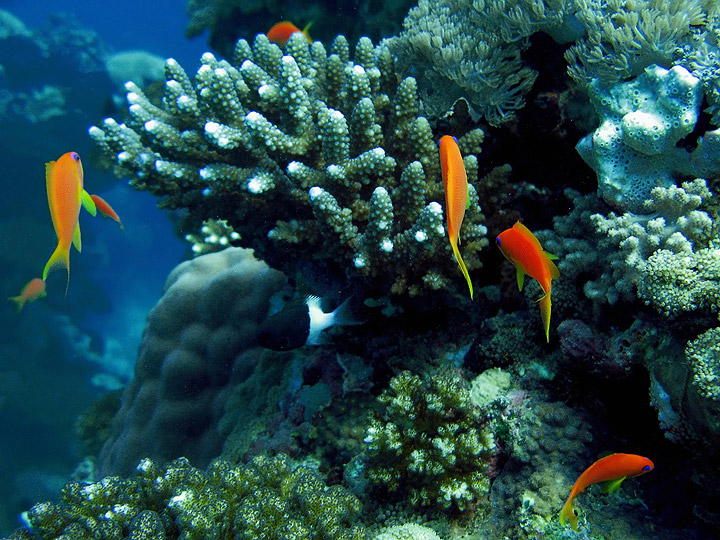A new study out of the University of British Columbia is a “call to action” to save the world’s critical coral reefs.

The study, conducted by UBC’s Institute for the Oceans and Fisheries, says the capacity for coral reefs to provide people with food, jobs, and climate protection has declined by half since the 1950s.

Researchers say living corals around the world have declined by about 50 per cent and the diversity of coral reef species has fallen by more than 60 per cent.
Institute for the Oceans and Fisheries director William Cheung said the study collected data from around the world and analyzed historical trends related to coral reefs and their impact on biodiversity.
One metric is catch-per-unit effort, which is meant to measure how difficult it is for fishers to get fish from coral reefs. They found the catch per unit effort, which is often used as an indication of changes in biomass, is now 60 per cent lower than it was in 1950.
“In the 1950s, if a fisherman used one hook and spent one hour in the coral reefs, they can catch 10 fish,” he said.
“Now, with a decline of more than 50 per cent of the catch per unit effort, they can catch five or fewer fish with one hook.

“So that means that everything being equal, we see a large decrease in abundance of available fish from coral reefs.”
Cheung notes the decline of coral reefs is disproportionately impacting Indigenous and coastal communities in the tropics, affecting their food supply, culture, and history.
“It’s a call to action — we’ve been hearing this time and time again from fisheries and biodiversity research,” Tyler Eddy, the study’s lead author, added.
“We know coral reefs are biodiversity hotspots. And preserving biodiversity not only protects nature but supports the humans that use these species for cultural, subsistence and livelihood means.”
- Ontario First Nation declares state of emergency amid skyrocketing benzene levels
- Singh mulls TikTok return as U.S. nears potential ban over security fears
- More financial institutes are offering crypto-services, survey shows
- EV sales in Canada rose in recent years despite higher interest rates. Why?




Comments